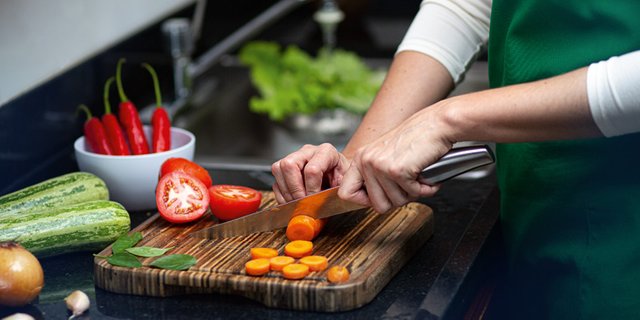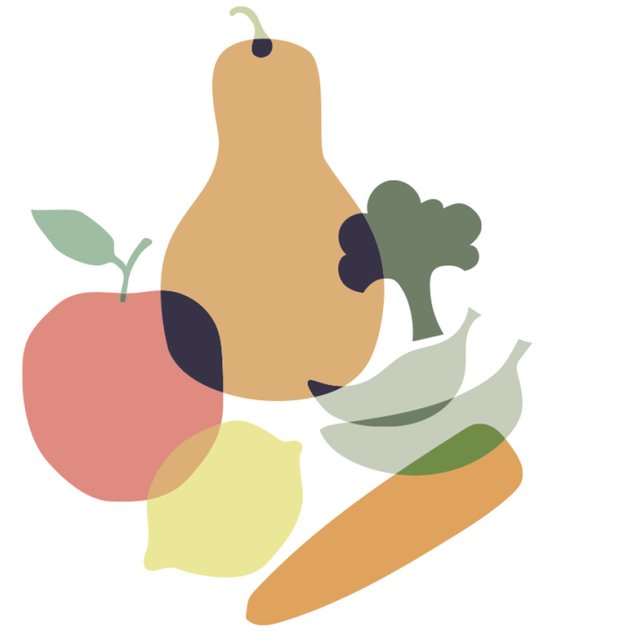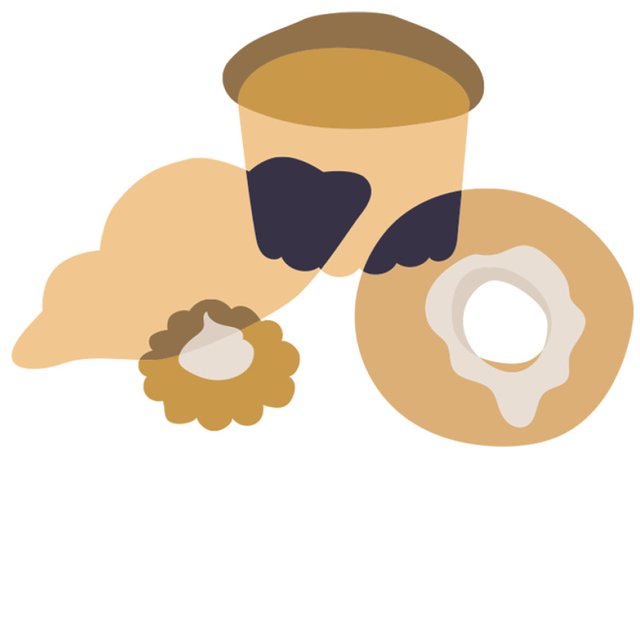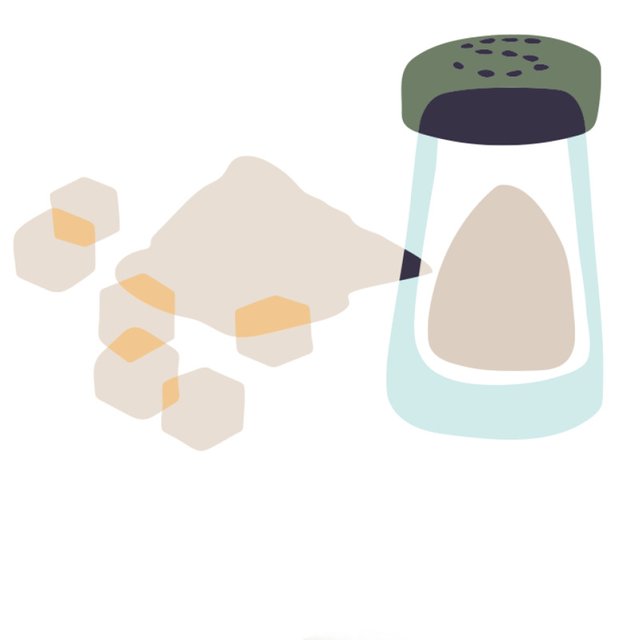Truth in preparation and eating healthy food

Seven Keys to Food Safety and a Healthy Diet
Why what you eat matters
Four keys to food safety
Three keys to healthy eating
Common misconceptions
Why what you eat matters
The World Health Organization (WHO) states that “every country in the world is affected by one or more forms of malnutrition”—a term that includes not only undernutrition but also conditions such as overweight and obesity. Frequently consuming unwholesome food or drink increases your risk of heart disease, stroke, diabetes, and cancer. According to one study, poor nutrition led to at least 11 million deaths in one recent year. WHO estimates that contaminated food kills more than a thousand people every day and leads to health problems for hundreds of millions.
The Bible encourages us to take these issues seriously. It teaches that God is “the source of life.” (Psalm 36:9) Life is a gift, and we show appreciation for it by caring for our health and that of our families. Consider how you can do that.
Four keys to food safety

A woman washing her hands with soap and water.
1. Prepare food safely
Why? Dangerous germs * in contaminated food and water can enter your body and make you sick.
Before you prepare food, wash your hands with soap and water. * Rub your hands together for at least 20 seconds. Scrub the backs of your hands as well as between your fingers and under your fingernails. Rinse and dry your hands well.
Use soap and water to wash cutting boards, dishes, and anything else that will touch food. Additionally, avoid using the same board for food that will be cooked and food that will not be cooked.
Wash all fruits and vegetables, and also disinfect them if you live in an area where crops might have been irrigated using water contaminated with excrement.
A man washing a knife with soap and water. Raw chicken and fresh vegetables sit on separate cutting boards.

2. Separate raw and cooked foods.
Why? Germs from raw food such as meat and its juices will contaminate other food.
Health experts recommend:
Separate all raw foods—especially meats—from prepared foods when you carry them home from the market and store them.
After cutting raw meat, thoroughly wash your hands, the knife, and the cutting board before cutting any other food.
A woman stirring a pot of soup on a stove.

3. Make sure food that needs to be cooked is cooked thoroughly.
Why? Harmful germs are killed only if the food reaches a high enough temperature.
Health experts recommend:
Cook food until it is very hot. Food, including the innermost portions of meat, must reach 70 degrees Celsius (160°F) for at least 30 seconds.
Bring soups and stews to a boil.
To eat previously-cooked food, reheat it until it is hot and steaming.
A woman storing a container of food in a refrigerator.

4. Keep food at safe temperatures.
Why? If food is stored at a temperature between 5 and 60 degrees Celsius (40–140°F) for just 20 minutes, the number of bacteria in it can double. Further, if raw meat is not stored at safe temperatures, some bacteria can produce toxins that are not destroyed by cooking.
Health experts recommend:
Keep food hot or cold, not lukewarm, to slow or stop germs from multiplying.
Never leave food sitting at room temperature for more than two hours, or for more than one hour if the room temperature is over 32 degrees Celsius (90°F).
After it is cooked, keep food hot until just before serving.
Three keys to healthy eating
1. Eat a variety of fruits and vegetables every day.
Fruits and vegetables.

Fruits and vegetables are vital sources of vitamins, minerals, and other essential elements to good health. WHO states that your body needs at least five portions of fruits and vegetables every day. These portions do not include starchy roots, such as potato or cassava.
- Eat only moderate amounts of fats and oils.
Fried and processed foods.

WHO recommends that you limit your intake of fried foods and processed or commercially baked foods, which often contain unhealthy fats. When possible, cook with unsaturated vegetable oils. * These oils are better than those that are high in saturated fats.
- Limit your intake of salt and sugar.
Sugar and salt.

WHO recommends that adults restrict their total daily intake of salt to less than one teaspoonful. WHO also recommends a total intake of less than 60 milliliters (12 level teaspoons) of free sugars daily. * Sugar is the main ingredient of many processed foods and drinks. For example, an average 355-milliliter (12 fl oz) soft drink contains up to 50 milliliters (10 teaspoons) of sugar. While soft drinks contain many calories, they provide little or no nutritional value.
The Bible says: “The shrewd one sees the danger and conceals himself, but the inexperienced keep right on going and suffer the consequences.” (Proverbs 22:3) If you act shrewdly in your eating habits and make any necessary changes, you show appreciation to God for your life and health.
Common misconceptions
Misconception: Food is safe to eat if it looks, smells, and tastes fine.
Fact: It takes over 10 billion bacteria to make one liter (1 qt) of water look cloudy, but as few as 15 to 20 dangerous bacteria can make you sick. To ensure that your food and drinks are safe, prepare, serve, and store them within the recommended temperatures and time limits.
Misconception: Flies do not harm food.
Fact: Flies feed on and breed in filth such as excrement, so they often carry millions of disease-causing germs on their feet. To protect prepared food from contamination by flies, cover it completely.
Misconception: “I’ve been eating unhealthy food for so long that it won’t help me if I change my eating habits.”
Fact: Researchers have found that eating healthier now will reduce your risk of premature death and that you will gain more benefits the longer you maintain a good diet.
Really,it is good to prepare our food very well